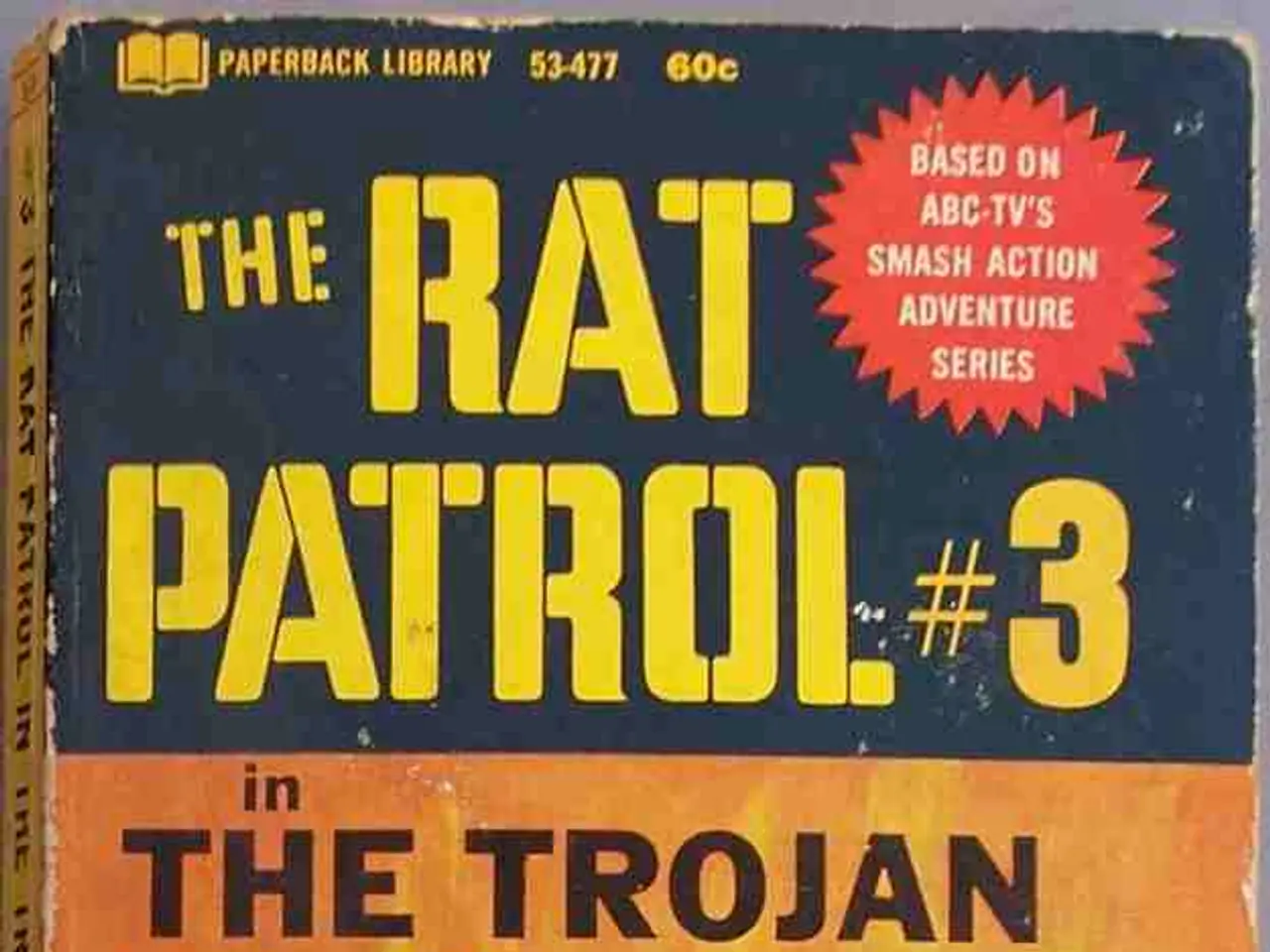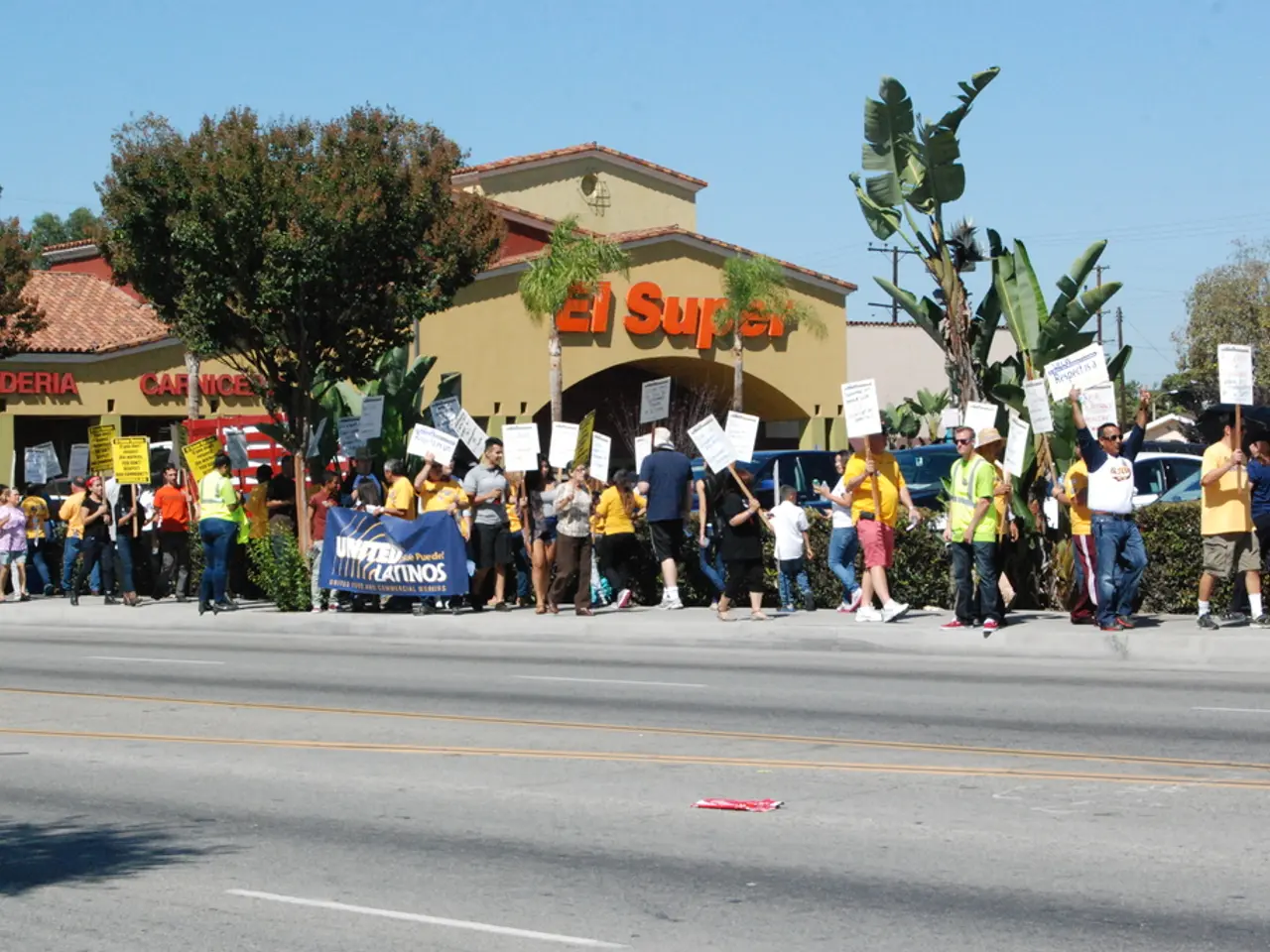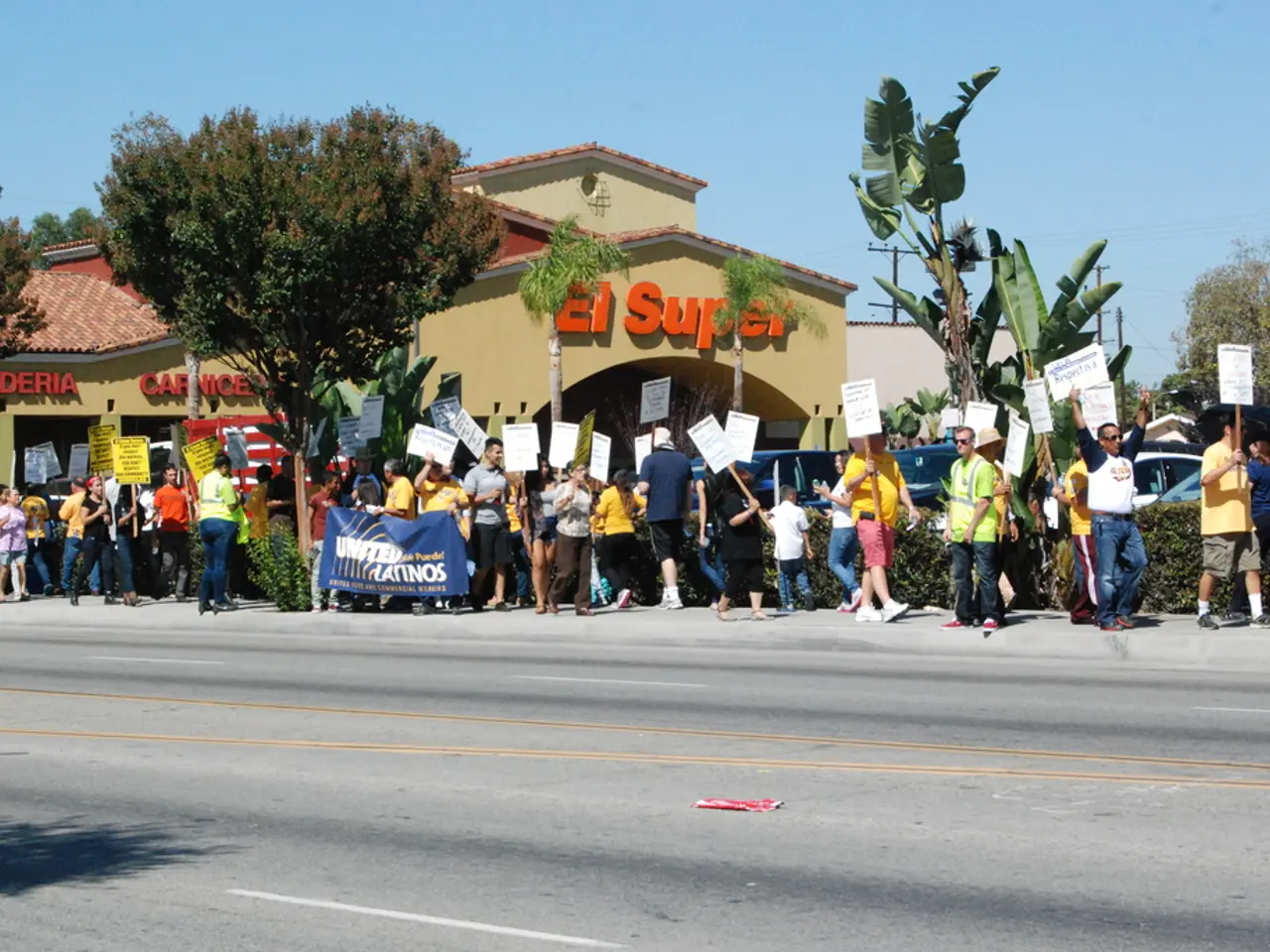Khor Abdullah Waterway: Is it a Navigational Agreement or a Border Concession?
The 2012 Agreement on the Regulation of Navigation in Khor Abdullah, signed between Iraq and Kuwait, aims to provide a technical and administrative framework for managing navigation and related issues in the shared waterway. This agreement, formally titled as such, was signed on April 29, 2012, and has been a source of political controversy and legal disputes in Iraq.
The agreement, which regulates navigation rights in the narrow waterway shared by the two countries, was ratified by both countries' respective legislative bodies. However, the agreement has faced challenges, with Iraq's Federal Supreme Court invalidating the law ratifying the agreement in September 2023, ruling that it violated the Iraqi Constitution.
Despite its intent as a navigation regulation accord without affecting sovereignty, critics argue that it implicitly draws a boundary, which could prejudice future maritime border negotiations and impose access controls on Iraqi ships, requiring Kuwaiti approval and fees.
The agreement gives each country the right to control navigation and safety enforcement, and it remains in effect indefinitely but can be terminated with six months' notice or amended. The GCC and US have called on the Iraqi government to ensure that the agreement remains in force after the court ruling.
The controversy over the agreement is highly sensitive among Iraqis, with many viewing the border demarcation as unfairly imposed by the US Security Council after driving Saddam Hussein's army out of Kuwait in 1991 and say the country's weakened state at the time was exploited.
Meanwhile, Kuwait and Saudi Arabia claim exclusive rights to the Al Durra offshore gasfield and have called on Iran to validate its claim by demarcating its maritime borders. This dispute between Iran and Kuwait over their maritime border and Al Durra offshore gasfield in the Arabian Gulf adds another layer of complexity to the already tense region.
Protests across Iraq have continued to reject the agreement in its current form. A public campaign is set to be launched to collect signatures for a petition for the UN Security Council. The Iraqi government, on the other hand, has assured Kuwait that it is committed to all its international agreements.
The issue is equally sensitive from the Kuwaiti point of view due to the 1990 invasion, with concerns about Iraqi over-reach. Iraqis are divided about the agreement, with some calling to annul it by rejecting it inside parliament, and others seeking to renegotiate it with an Iraqi team including experts, not only politicians.
In conclusion, the 2012 Iraq-Kuwait agreement on Khor Abdullah is a technical navigation regime aiming to regulate shipping and usage of the waterway without altering territorial borders, framed as a post-conflict cooperation measure consistent with prior UN resolutions. However, the agreement's future remains uncertain as political and legal challenges persist, and the region watches with bated breath.
References: 1. United Nations Security Council Resolution 833 2. Al Jazeera - Iraq's Khor Abdullah waterway deal sparks debate 3. Arab News - Iraqi court invalidates agreement with Kuwait 4. Reuters - Iraq court invalidates agreement with Kuwait over shared waterway 5. The National - Iraq's Khor Abdullah waterway deal sparks debate 6. Al Monitor - Iraq's Khor Abdullah waterway deal sparks debate
- The 2012 Agreement on the Regulation of Navigation in Khor Abdullah, a technical and administrative framework signed between Iraq and Kuwait, has been a source of political controversy and legal disputes in Iraq.
- Iraq's Federal Supreme Court invalidated the law ratifying the agreement in September 2023, ruling that it violated the Iraqi Constitution.
- Critics argue that the agreement implicitly draws a boundary, which could prejudice future maritime border negotiations and impose access controls on Iraqi ships.
- The agreement, which regulates navigation rights in the shared waterway, remains in effect indefinitely but can be terminated with six months' notice or amended.
- Meanwhile, Kuwait and Saudi Arabia claim exclusive rights to the Al Durra offshore gasfield and have called on Iran to validate its claim by demarcating its maritime borders.
- In conclusion, the agreement is a post-conflict cooperation measure consistent with prior UN resolutions but the region watches with bated breath as its future remains uncertain due to political and legal challenges.
- Protests across Iraq have continued to reject the agreement in its current form, with a public campaign set to collect signatures for a petition for the UN Security Council.
- The Iraqi government has assured Kuwait that it is committed to all its international agreements, while Iraqis are divided about the agreement, with some calling to annul it by rejecting it inside parliament, and others seeking to renegotiate it.
- References for further reading include United Nations Security Council Resolution 833, Al Jazeera, Arab News, Reuters, The National, and Al Monitor articles covering the Iraq-Kuwait agreement and related news in general-news, war-and-conflicts, politics, crime-and-justice, migration, and car-accidents.




